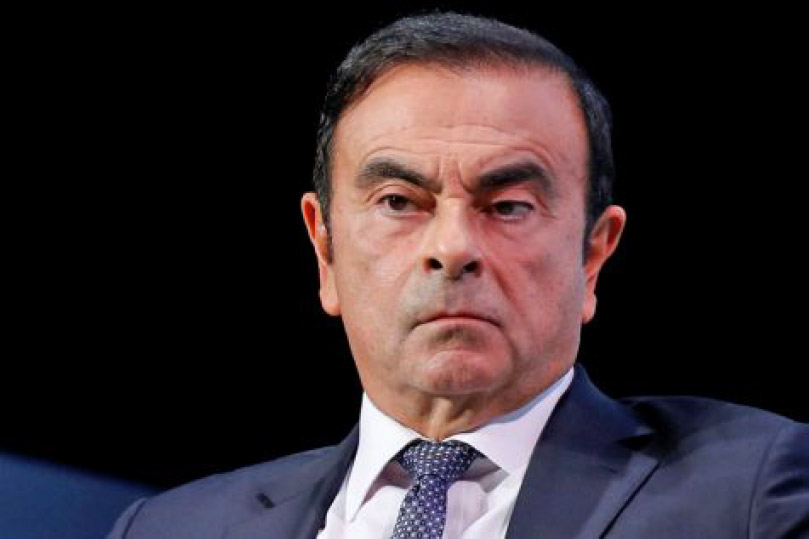

Personal branding of corporate honchos - law of diminishing returns?
CARLOS Ghosn was the darling of the auto industry for over a decade. He could not put a foot wrong. He was also the cynosure of the nancial press. Considered audacious, clever, culturally adept and a turnaround expert, Mr Ghosn had no peer in the industry with more achievements. When he was ousted in November, the initial shock gave way to another question - at what point does the personal brand of a corporate executive start to give diminishing returns to the company? Arguably, Mr Ghosn's problems were personal rather than professional. But that is also the point.
This is not an isolated example. Paul Polman retired as Unilever chairman this week, paving the way for succession that was on the cards for a while. The ocial word is retirement. But reports suggest that the company was not gaining adequate ground while Mr Polman's own brand rose on the back of aggressive campaigns like "sustainability" and the like. That captured the imagination of the media but not long-term investors (or customers). It was even considered "preachy". That didn't stop him from winning awards like "Cannes LionHeart award" for building sustainability into the heart of operations.
Months ago, high-prole Indian CEO Chanda Kochhar of ICICI Bank (assets US$160 billion) stepped aside to allow an impartial probe into potential wrongdoings and subsequently left the bank. The jury is out on what went wrong or how she was responsible. Her story of meteoric rise was equally stellar, culminating in being ranked 37 in Forbes' list of the world's most powerful women, ahead of people like Nikki Haley, a potential US presidential candidate. Ms Kochhar had a dream run of 10 years when both the media and the corporate world drooled over her. Her personal brand did not quite advance the interests of the bank dramatically. Its stock price plunged signicantly before regaining its 2015 levels recently.
Lurking questions
In the past, there were similar stories of disconnect between personal brand and corporate fortunes - Jeff Immelt of General Electric, Percy Barnevik of ABB Sweden - people who flattered to deceive and ended up with their legacy in tatters (and the companies in bad shape).


